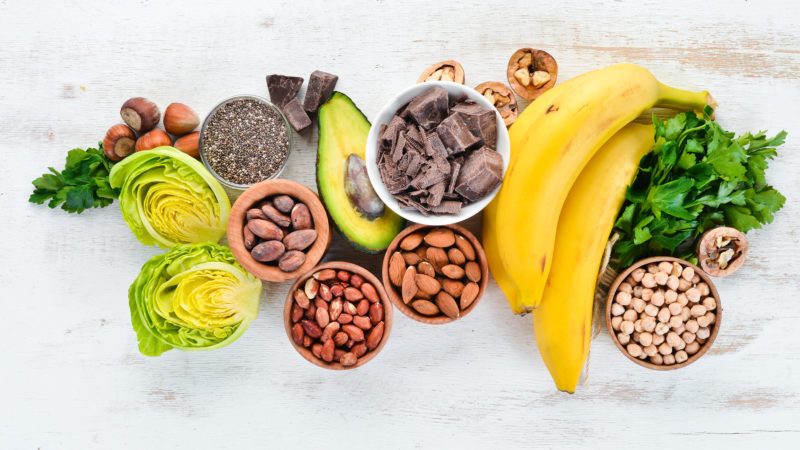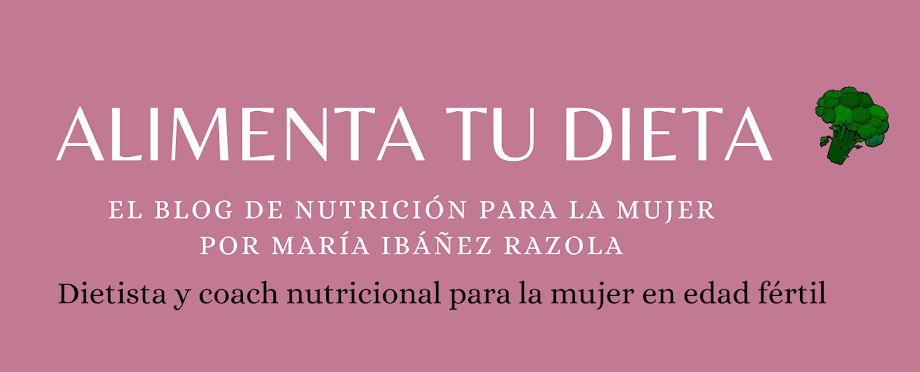Your period and the food you eat
When we talk about period , we seem to forget that is not only the mentruation phase but also the two main important changes that occur every month: Pre ovulation and Post ovulation
During your hormonal changes in the month the food that you eat will also affect how you feel (emotionally) and how your body deals with the constant monthly hormonal rollercoaster.
Here are some of the facts:
- Before your menstruation has finished your estrogen is on its way up again.
- Some days are better for chocolate than others
- Certain weeks are better to eat more carbohidrates
- There is bigger chance of successfully managing your diet if you start good habits after your period
- Certain weeks are much better to work on your strength and stamina
- Your ligaments are more flexible , but also you are more prone to injures at certain time of the month
- How you eat affects the way your body manages to remove excess estrogen of your system
- Broccoli and rest of crucifereous (cauliflower, coleshaw, brussels sprouts) should be part of your regular diet.
- Caffeine is not good for your hormones.
The 3 main cycle issues
We mostly can find the following isues, ,some women might have one others three, and some none.
- Menstrual issues
- Fertility issues
- Energy/libido issues
If we spend years of our life untreating any of these conditions after menopause the risk of daibetes, dementia, cancer or cardiovascular disease can increase (you can read the NIH Biocycle research in the following link: https://www.ncbi.nlm.nih.gov/pmc/articles/PMC2722955/ )
How can we prevent this?
1- Control insulin and sugar levels.
2- Nourish adrenal glands
3- Improve the elimination and support healthy microbiota
4- Follow a cyclical diet to eliminate excess estrogen and improve progesterone levels.
Insulin levels: How can we control them?
Sweet potatoes and Avocados are particularlly good to regulate insuline.
Eat small quantities of good carbohydrates (those with high fibre only, and unpeeled fruits) to stabilize sugar levels.
Get rid of cortisol: help the adrenals
Adrenal Glands are responsible for flushing cortisol out of the bloodstream. In order to help them do this job it is important to have a good level of Magnesium.
- Magnesium controls the stress levels and regulates cortisol (stress hormone)
- Vitamin B5 reduces de cortisol effect
- Vitamin C reduces oxidative stress
Eat: small pieces of 80% dark chocolate. leafy greens, pumpkin seeds, tuna, brown rice
 |
| photo taken from Readers Digest |
Healthy bowel: how can you make it stronger?
The microbiota living in your bowel is essential to improve the elimination of hormones and a stronger inmune system
Some foods are particully good to improve the gut flora.
Take note of these :
Sulphur, Cruciferous and alliaceous foods containe sulphur, which increases the level of glutathione (good to reduce oxidative stress and inflammation- women with PMS have an imbalance of oxidant/antioxidant status specially if they have low level of glutathione) (see research in https://www.ncbi.nlm.nih.gov/pubmed/30275458)
- Eat more: onions, garlic, leek, kale, brussels sprouts, cauliflower, broccoli



